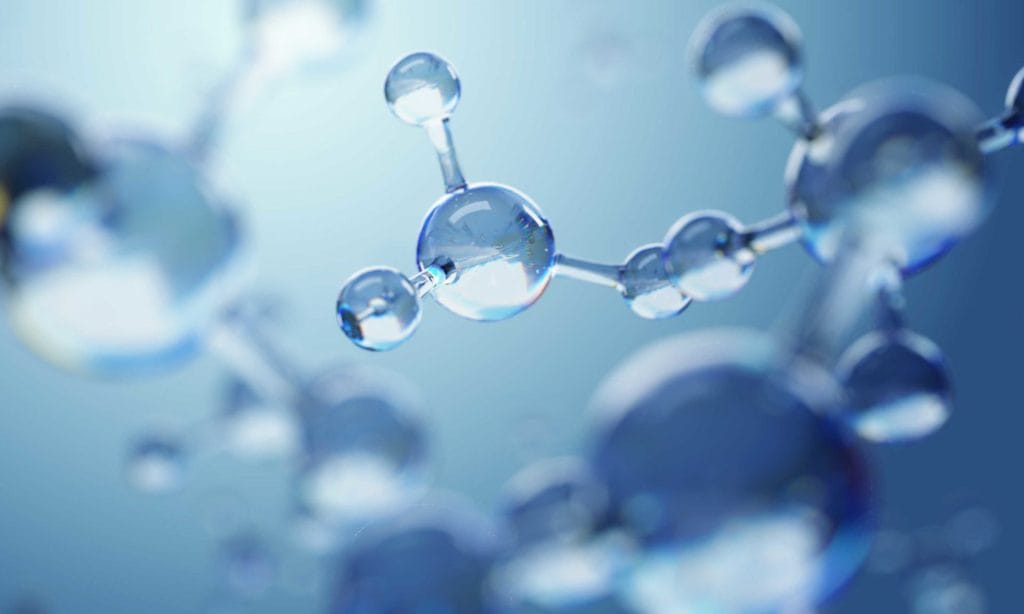Understanding Biochemistry: The Chemistry of Life
August 19, 2024 2024-08-19 9:28
Understanding Biochemistry: The Chemistry of Life
Biochemistry, often referred to as the chemistry of life, is a branch of science that explores the chemical processes within and related to living organisms. By combining principles of biology and chemistry, biochemistry focuses on the molecular mechanisms that drive cellular activities, metabolism, and energy transformation in living systems. This field is essential for understanding the complexity of life, from the simplest organisms to the most complex human systems.
Key Areas of Biochemistry
Biochemistry can be broadly divided into three main areas:
- Structural Biology: This area focuses on understanding the structure of biological molecules, such as proteins, nucleic acids (DNA and RNA), lipids, and carbohydrates. Structural biochemistry examines how these molecules are organized, how they interact with one another, and how their structures dictate their functions.
- Enzymology: Enzymes are biological catalysts that accelerate chemical reactions in cells. Enzymology studies the mechanisms of enzyme action, how they bind to substrates, and how their activity can be regulated or inhibited. This knowledge is critical for developing drugs, understanding metabolism, and engineering enzymes for industrial applications.
- Metabolism: Metabolism refers to the complex network of chemical reactions that occur within cells to sustain life. It includes pathways that break down nutrients to produce energy (catabolism) and those that build complex molecules needed for growth and repair (anabolism). Biochemists study these pathways to understand how cells derive energy, how they manage resources, and how metabolic disorders arise.
The Role of Biochemistry in Medicine
Biochemistry plays a pivotal role in modern medicine. By understanding the molecular basis of diseases, biochemists contribute to the development of new treatments, diagnostic tools, and therapeutic strategies. For instance, biochemistry is at the heart of understanding genetic disorders, cancer, diabetes, and cardiovascular diseases. It also underpins the development of vaccines, antibiotics, and personalized medicine, where treatments are tailored to an individual’s genetic makeup.
Applications of Biochemistry
- Drug Development: Biochemists identify targets for drug development by studying the molecular mechanisms of diseases. They also design and test new drugs, ensuring their efficacy and safety.
- Biotechnology: Biochemistry is fundamental to biotechnology, where living organisms or their components are used to develop products. This includes the production of insulin, genetically modified crops, and biofuels.
- Agriculture: Understanding plant biochemistry helps in improving crop yields, developing pest-resistant plants, and enhancing nutritional content, contributing to food security.
- Environmental Science: Biochemists study how pollutants affect biological systems and develop methods for bioremediation, where living organisms are used to clean up contaminated environments.
Biochemistry in Everyday Life
Biochemistry is not just confined to laboratories; it is a part of our daily lives. From the digestion of food to the action of detergents, biochemical processes are at work. Even our emotions, such as happiness or stress, are influenced by biochemical changes in our brain, driven by neurotransmitters and hormones.
Challenges and Future Directions
Biochemistry continues to evolve, with new technologies such as CRISPR gene editing, proteomics, and metabolomics opening up new avenues for research. One of the key challenges in biochemistry is understanding the vast complexity of biological systems. While we have made significant progress, there is still much to learn about how molecules interact in living organisms.
In the future, biochemistry will likely play an even more significant role in addressing global challenges such as antibiotic resistance, climate change, and sustainable energy production. Advances in this field will continue to improve human health, agriculture, and environmental protection.
Conclusion
Biochemistry is a dynamic and interdisciplinary field that provides deep insights into the molecular workings of life. Its applications span across medicine, industry, agriculture, and environmental science, making it a cornerstone of modern science and technology. As we continue to explore the biochemical processes that define living organisms, the potential for new discoveries and innovations is limitless.
Related Posts
Understanding Biochemistry: The Chemistry of Life
August 19, 2024 2024-08-19 9:28Popular Tags





























